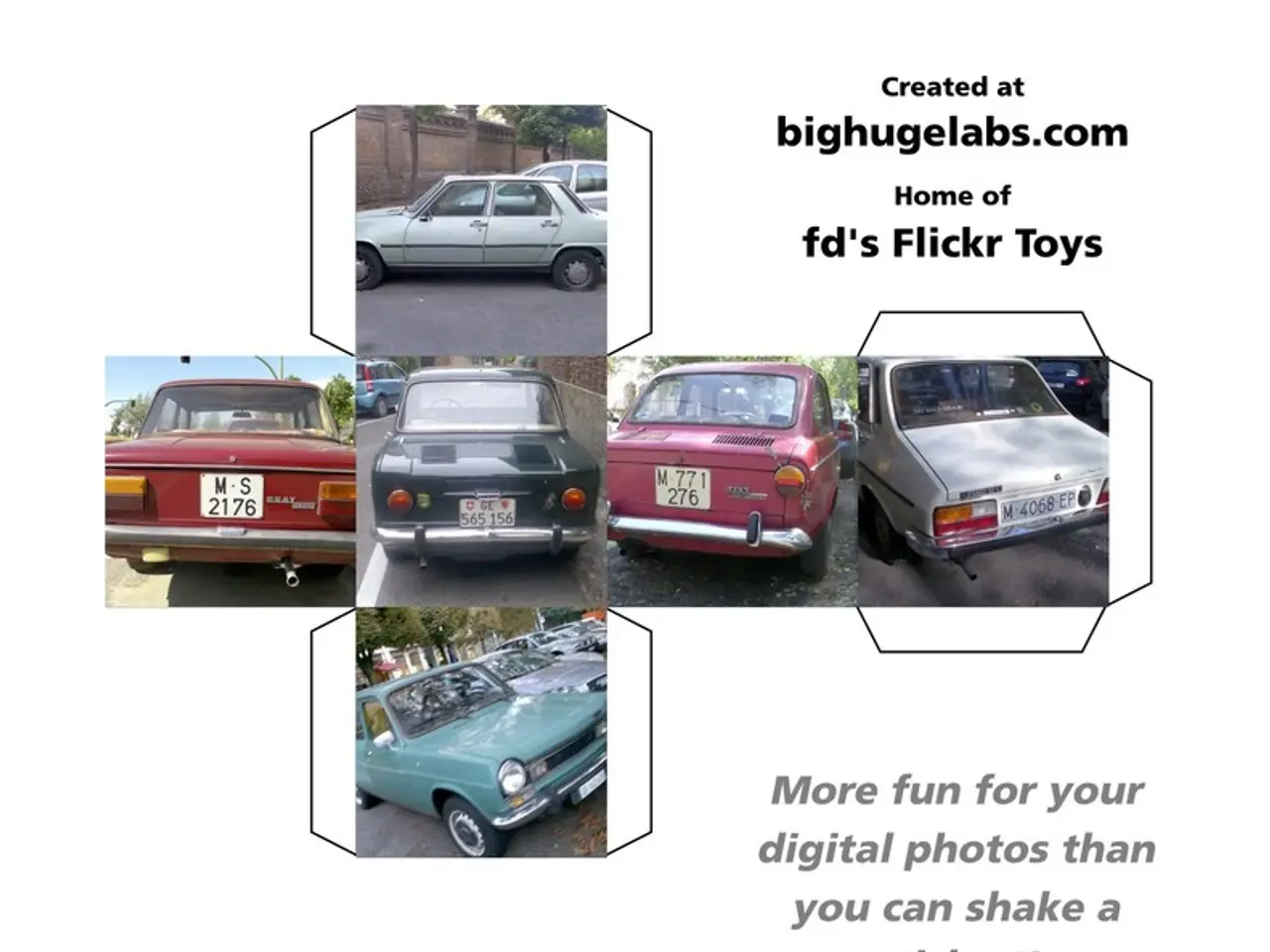Europe Outlines Priorities for Preparation of Ukraine Reconstruction in Rome Discourse
The Ukraine Reconstruction Conference (URC) 2025, held on July 10-11 in Rome, co-hosted by Italy and Ukraine, is a significant event focused on Ukraine's post-war recovery and future development[1][2][4]. The conference centers around four main thematic pillars: mobilising the private sector, human dimension, local and regional recovery, and European Union accession and related reforms[1][2].
The conference aims to mobilise political, financial, and technical support from international partners, financial institutions, and private investors[4]. It seeks to attract private capital alongside public and multilateral funding to drive reconstruction projects and reforms[1][4]. The event features a Recovery Forum for dialogue and best practice exchange among diverse stakeholders, and a Business Fair to facilitate collaboration among Ukrainian, Italian, and international enterprises[1].
The European Union plays a significant role in the conference and Ukraine’s recovery. The EU institutions, including the European Commission, participate actively, supporting reforms linked to Ukraine’s accession process and adherence to EU standards[4]. The conference highlights the importance of anti-corruption reforms and regulatory improvements, which are prerequisites for EU accession and key to unlocking further EU financial and political support[5].
The URC 2025 serves as a pivotal platform to discuss comprehensive reconstruction strategies covering economic, social, regional, and European integration aspects, with a strong emphasis on mobilising both public and private financial support, including significant contributions and reform-driven engagement from the European Union[1][2][4][5].
The conference features around 5,000 participants, 100 government delegations, 40 international organizations, and 2,000 companies[6]. Heads of state and government, including German Chancellor Friedrich Merz and Polish Prime Minister Donald Tusk, will be present[7]. The United Nations estimates that full reconstruction could cost around 500 billion euros over 10 years[8].
To support Ukraine's recovery, France has launched a fund of €200 million and a call for projects for Ukrainian reconstruction[9]. A "single window" mechanism has been established to enable Ukrainian municipalities to establish over a thousand long-term partnerships with their European counterparts[10]. The United States will be represented by American envoy Keith Kellogg[11].
Ukrainian President Volodymyr Zelensky is expected to attend the conference in Rome[12]. Italian Prime Minister Giorgia Meloni views the Rome conference as a "capital rendezvous" and reaffirms Italy's support for Ukraine. Meloni's goal is to "put Ukraine in the best possible position to build a negotiating base for peace"[13].
Since the start of the war in 2022, the European Union and its member states have provided nearly €159 billion to Ukraine, with the majority in the form of grants or in-kind aid and the rest as loans[14]. The European Alliance of Cities and Regions for the reconstruction of Ukraine, created by the European Union, is also participating in the conference[3]. A concrete example of such a partnership will be signed at the Rome summit: a partnership between the German city of Kassel and the Ukrainian city of Zhytomyr[3].
In summary, URC 2025 is a crucial event that brings together global leaders, organisations, and businesses to discuss and support Ukraine's post-war reconstruction and future development, with a particular focus on mobilising financial resources and fostering partnerships for sustainable growth.
- The Ukraine Reconstruction Conference (URC) 2025 aims to mobilize political, financial, and technical support from international partners, financial institutions, and private investors for Ukraine's post-war recovery and future development.
- The European Union institutions are actively participating in the conference, supporting reforms linked to Ukraine’s accession process and adherence to EU standards, and emphasizing the importance of anti-corruption reforms and regulatory improvements.
- The conference serves as a platform for discussing comprehensive reconstruction strategies, covering economic, social, regional, and European integration aspects, with a strong emphasis on mobilizing both public and private financial support, specifically from the European Union.




